
How to not be a d*ck to someone with depression

Mental health issues disproportionately affect LGBTI people. Zo Watt provides ten useful tips on how to be a better friend to someone with depression.
***
If you’ve never experienced the living hell that is depression, it’s likely you won’t know how to support someone who does. You may have good intentions but, as someone who’s battled depression for 12 years, I can assure you that more often than not this will fall short of what we actually need.
1. Educate yourself.
Spend an hour or two on Google acquainting yourself with what the World Health Organisation reports is the leading disability worldwide. Learn the signs and symptoms, the types and treatment options, and if nothing else, learn just how debilitating this medical condition can be.
In his TED Talk ‘Depression: The Secret We Share’, Andrew Solomon says, “I would decide I should have lunch, and then I would think, but I’d have to get the food out and put it on a plate and cut it up and chew it and swallow it, and it felt to me like the Stations of the Cross.” For many of us, this is exactly what it’s like and if you can appreciate this, half your work is done.
2. Don’t assume they’re okay.
Just because your friend regularly posts cheerful photos on their Instagram and seemed fine last week when you caught up for coffee, doesn’t mean they’re doing well. Few people battling depression will choose to broadcast their struggle so it’s important to ask how they are.
3. Keep your platitudes to yourself.
Telling someone with depression to “cheer up” or “be positive” is like telling someone whose been shot to “stop bleeding”. It’s insulting, dismissive, and rarely useful. Similarly, reminding us that “others have it so much worse” is a sentiment that while true, can often be more hurtful than it is helpful. The stigma surrounding our disease already has us feeling ashamed and guilty; we don’t need you adding to it.
4. Be persistent.
When your friend protests to you coming over after admitting they haven’t been able to move from their mattress all day, don’t text back “Okay” with a sad face emoji. Go over! Yes, they’ll be mortified that you’ll be seeing them at their worst, and by worst I mean smelliest, but deep down they’ll appreciate the gesture especially if it comes with food which it absolutely should.
5. Be tactful.
If you can see your friend has entered into a bad headspace, it’s likely they won’t be feeling particularly expressive. Ask yes and no questions to determine how they’re feeling and how best you can help. Personally, I hate being asked “What’s wrong?” because it implies there should be a reason and quite often there’s not or at least not one that won’t seem irrational to you. I prefer the much gentler, “Are you feeling low?”
6. Stay connected.
Depression is an isolating illness so check in with them regularly. A text or phone call every few days or once a week reminds them that they’re not alone, that unlike the voice in their head that tells them otherwise, there are people out there who care about them.
7. Be perceptive.
Understand that sometimes all your friend needs is an hour or two of silent companionship or a long ass hug and you may need to be the one to initiate it.
8. Be encouraging.
If sincere, praising your friend’s little achievements can help build self-worth. “I’m so proud of you for getting out of bed/showering/eating/leaving the house today” acknowledges the fact that for many of us, these small tasks can be a huge feat.
People with depression also tend to focus on all the things they didn’t accomplish. It’s why I prefer being asked “Were you able to [insert a singular task]?”as opposed to “What did you do today?” because when the answer is “I slept in ‘til midday and then scrolled through my Tumblr feed in bed for four hours”, it encourages feelings of failure and inadequacy. Focus on the little things.
9. Don’t take offence.
This one’s hard, I know, but try not to take your friend’s anger or apathy personally. It’s not you, it’s us, I swear. Likewise, when your friend cancels on your brunch plans or your 30th birthday bash, remember step one. Always remember step one. No-one wants to disappoint loved ones but sometimes the stars align in such a way that your engagement dinner falls on the day we wake up and wish we hadn’t. Don’t hate us for it.
10. Know when to tap out.
Supporting a friend with depression can be exhausting so take care of yourself, set boundaries, and seek support where needed. Remember there’s only so much you can do and at the end of the day, your health and wellbeing comes first.
Note: this is Zo’s opinion, and one size does not fit all. Visit headspace.org.au or beyondblue.org.au for official resources.

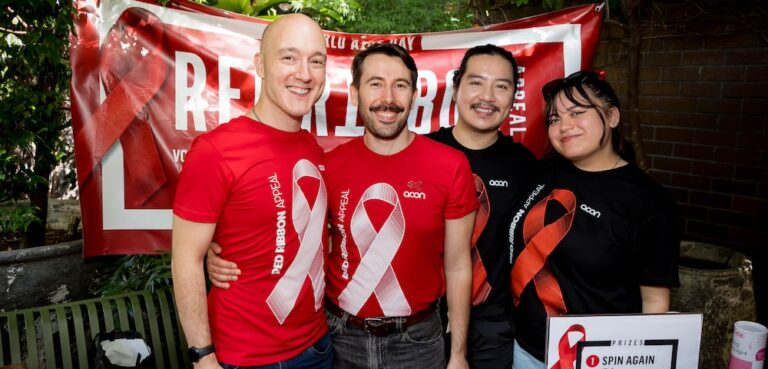


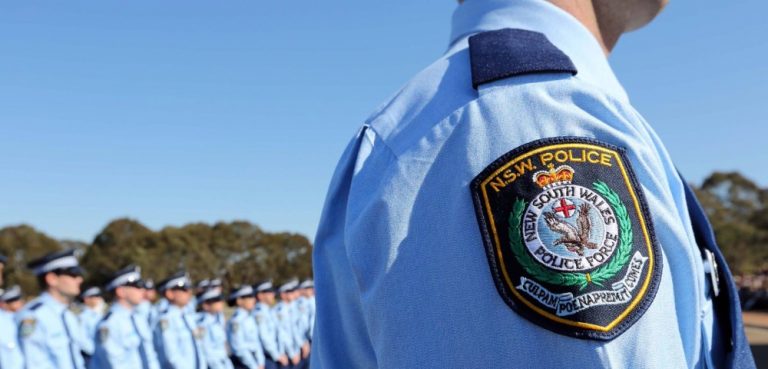



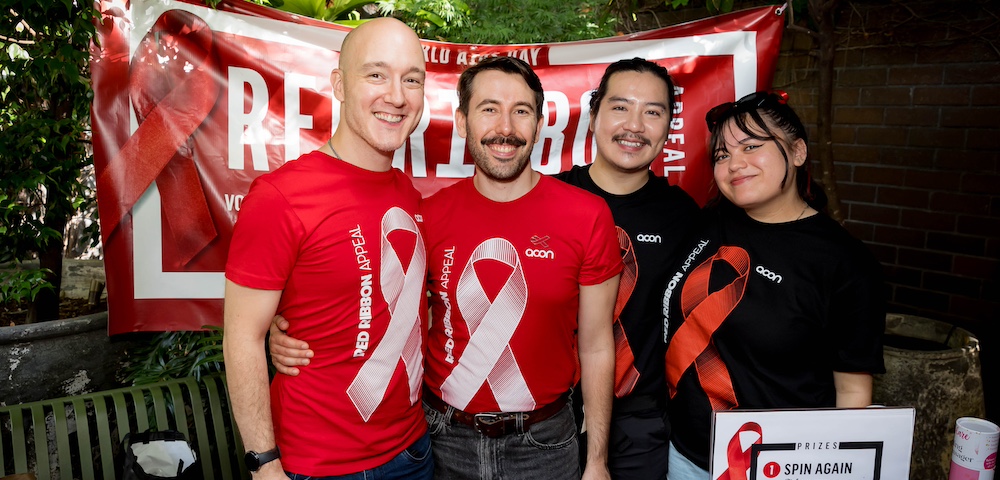
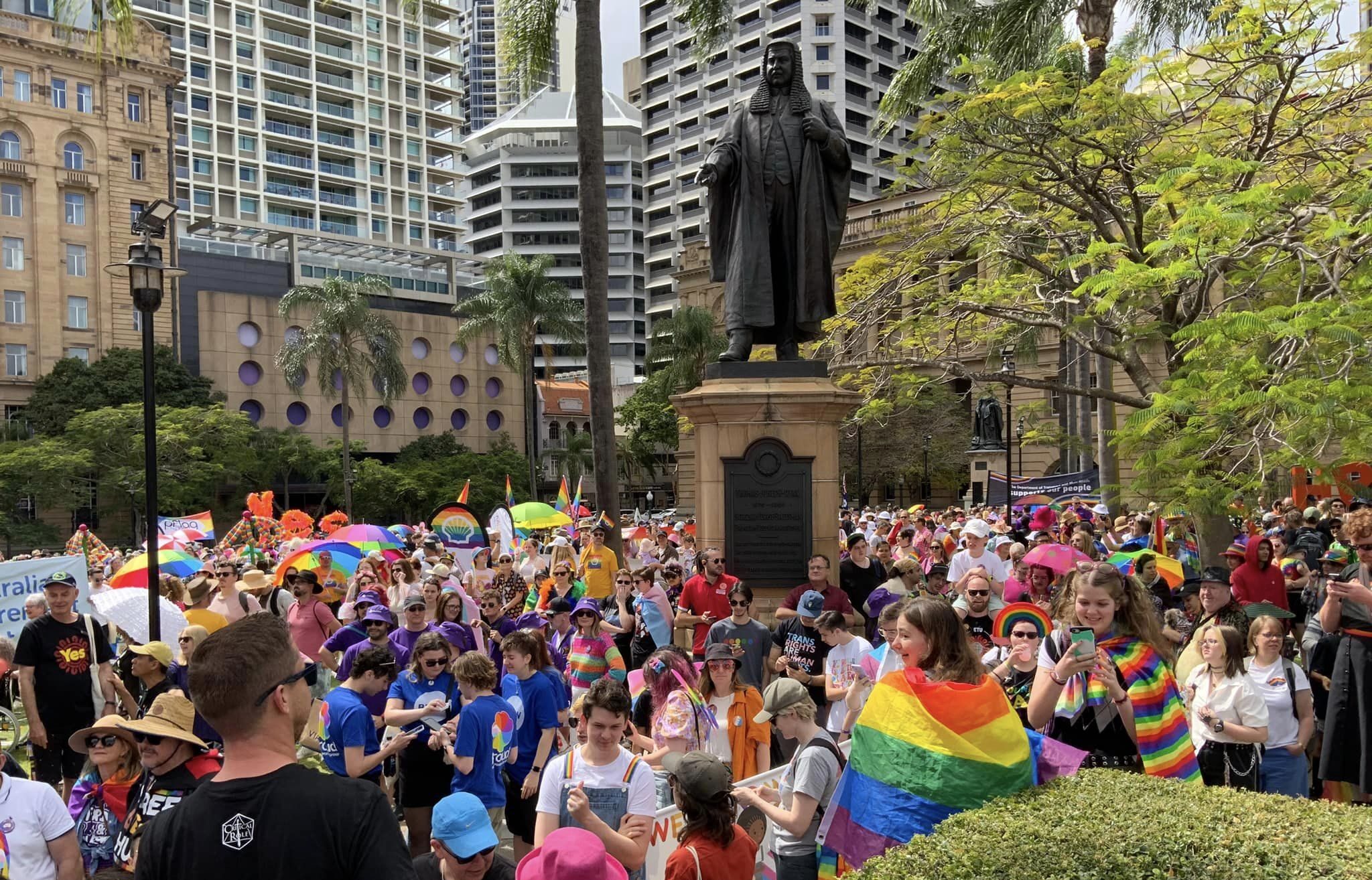
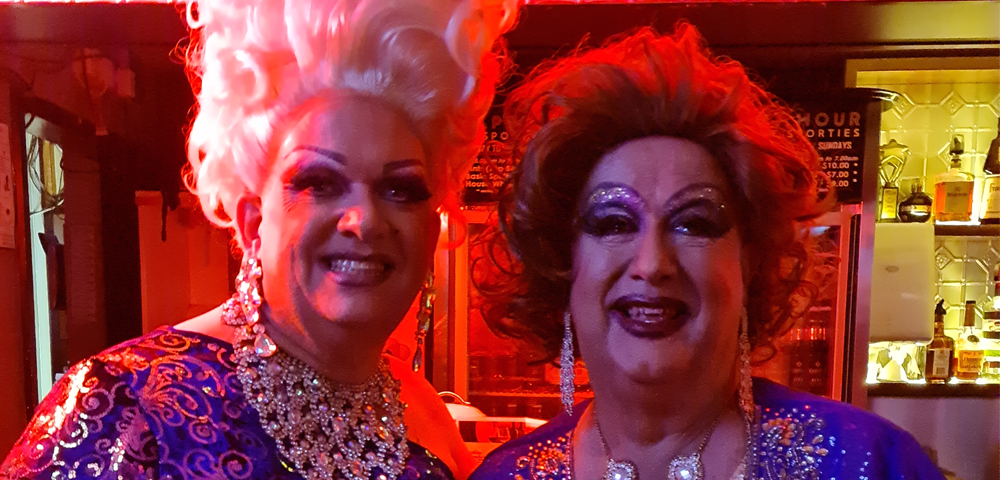
So sick and tired of identity politics, no wonder why I am a gay conservative these days!
In fairness, the acronym/adjective LGBTI doesn’t really need to be in the headline. This is solid advice for those who are frustrated/confused/offended by depressive folk in their lives whomever they are. Depression doesn’t discriminate.
I’m mildly affected, late autumn is never fun and other various times but I’m better off than many. This article seems pretty sensible. That and spreading the general message that depression is common, somewhat treatable and nothing to be ashamed of can make a big difference to folks who don’t get why they’re unmotivated or sad or sometimes worse.
Love this, although it’s not limited to just LGBTIQ* persons.
To push oneself just to get out of bed can be incredibly difficult. Your point about feeling isolated is very real. It’s just a shame at how much more difficult it can feel on the other end where you want to message people but feel like you’re imposing so put it off.